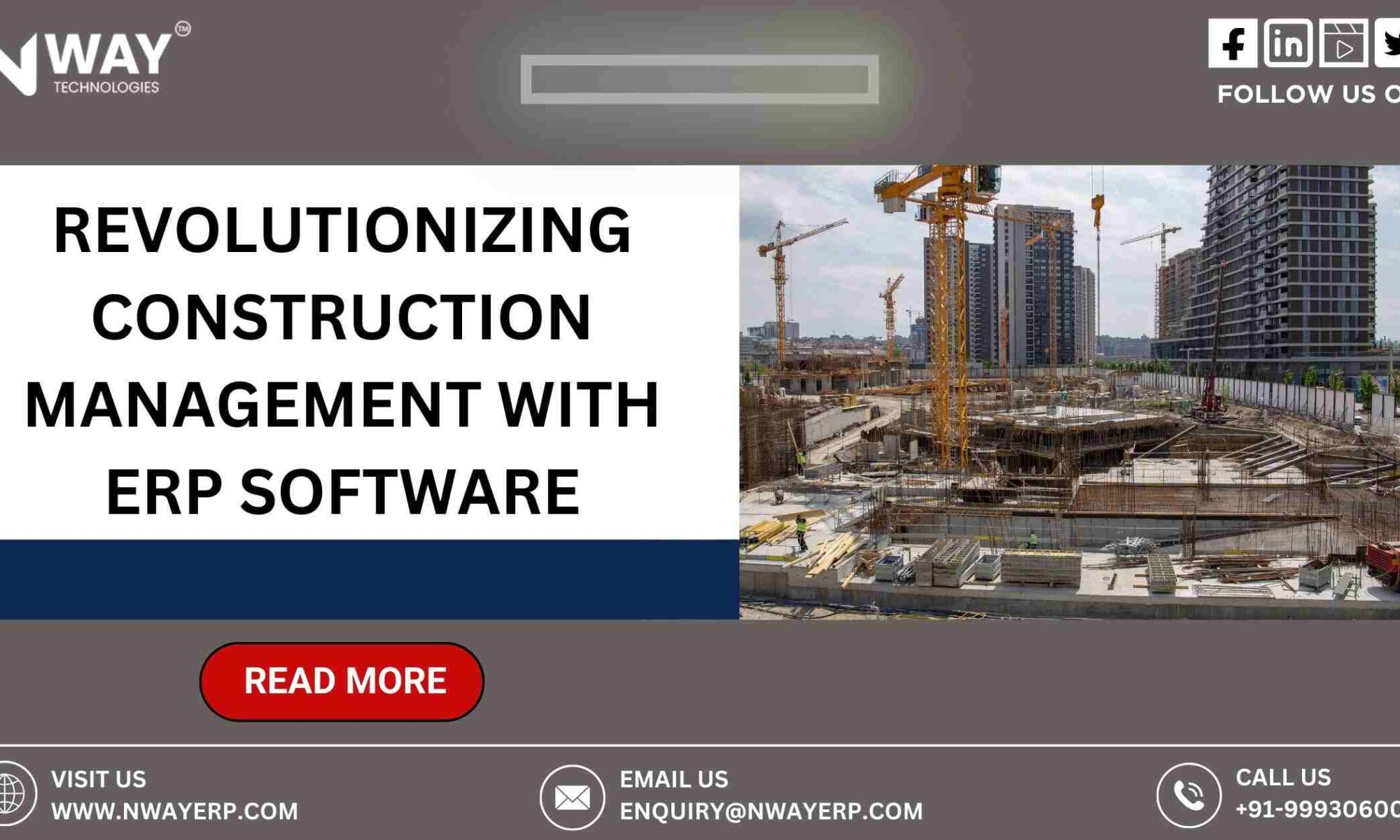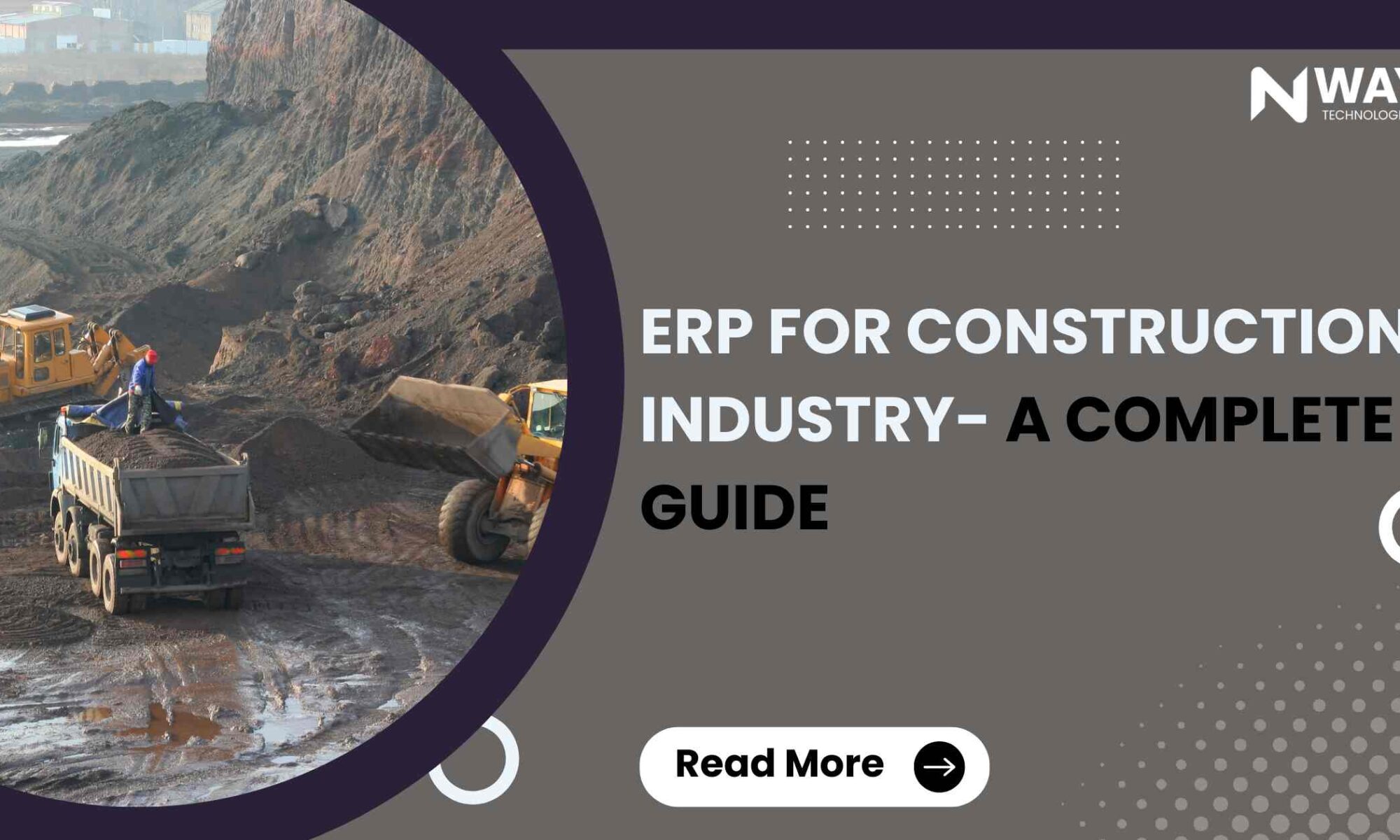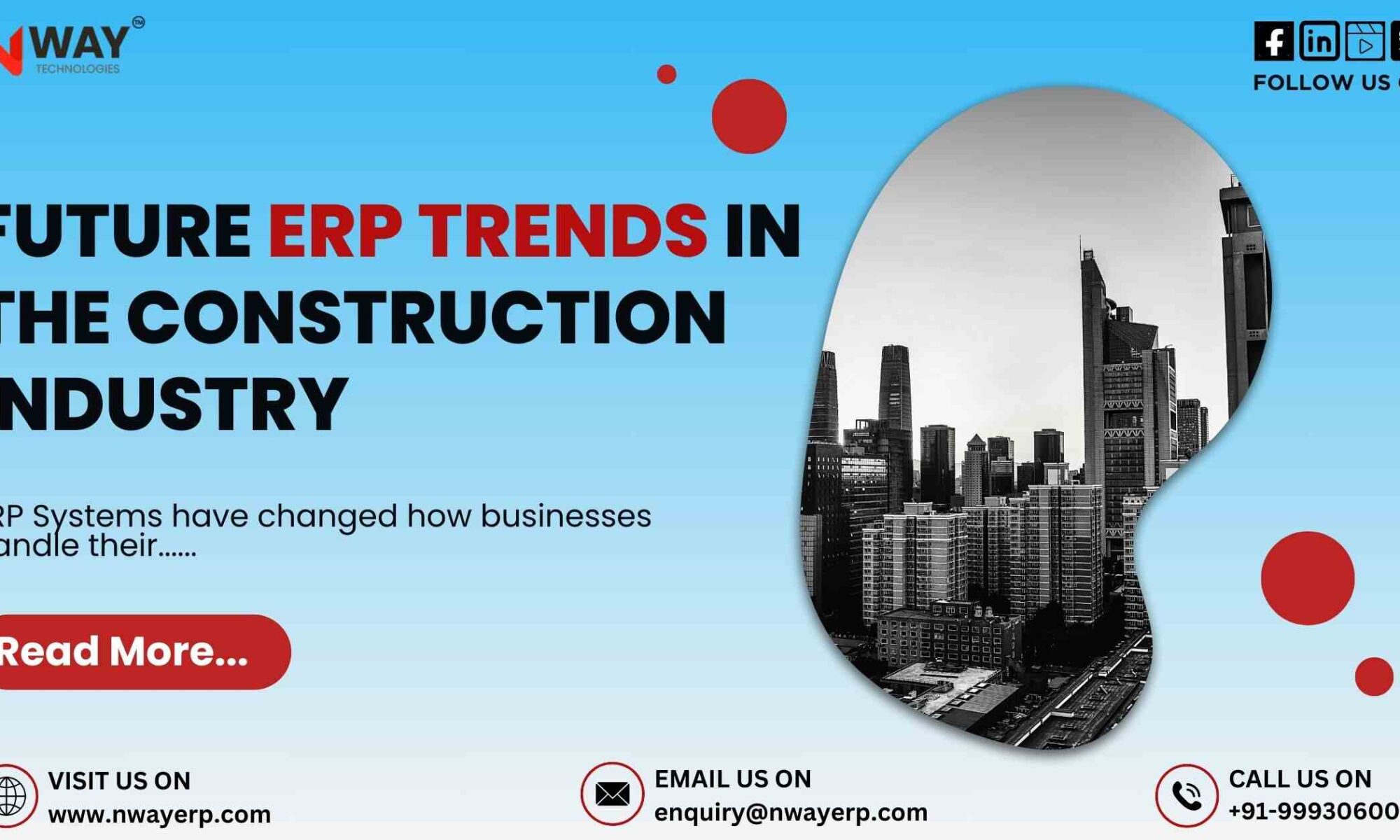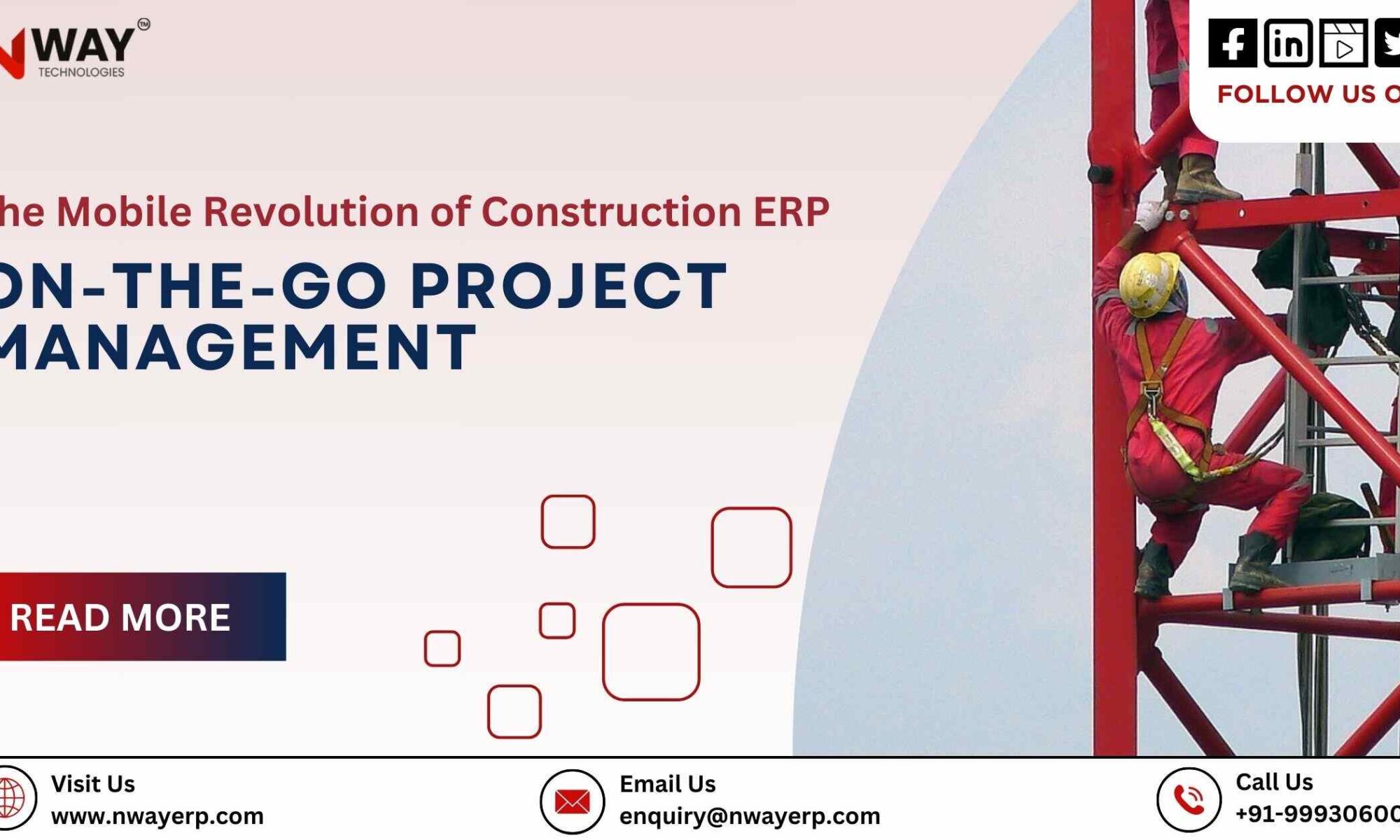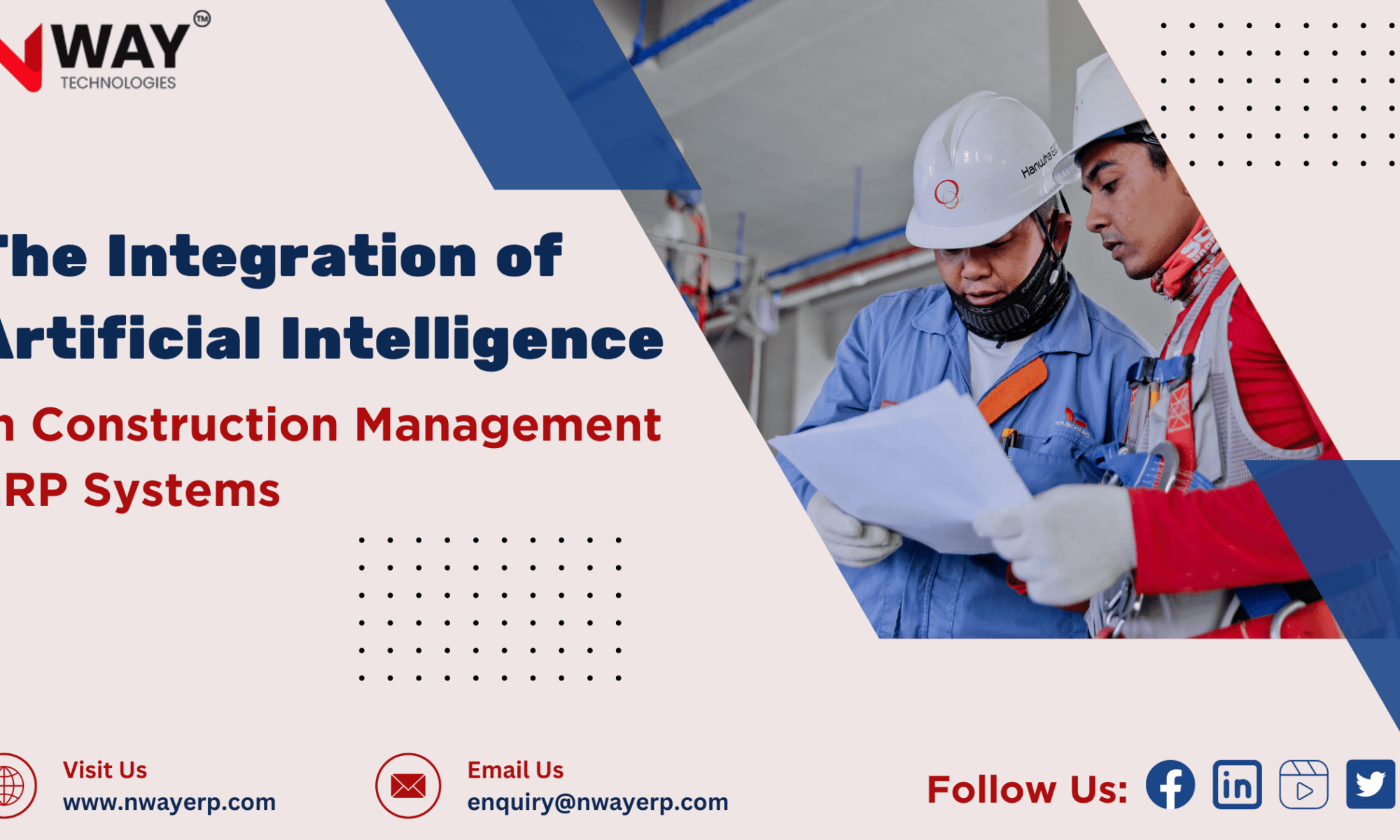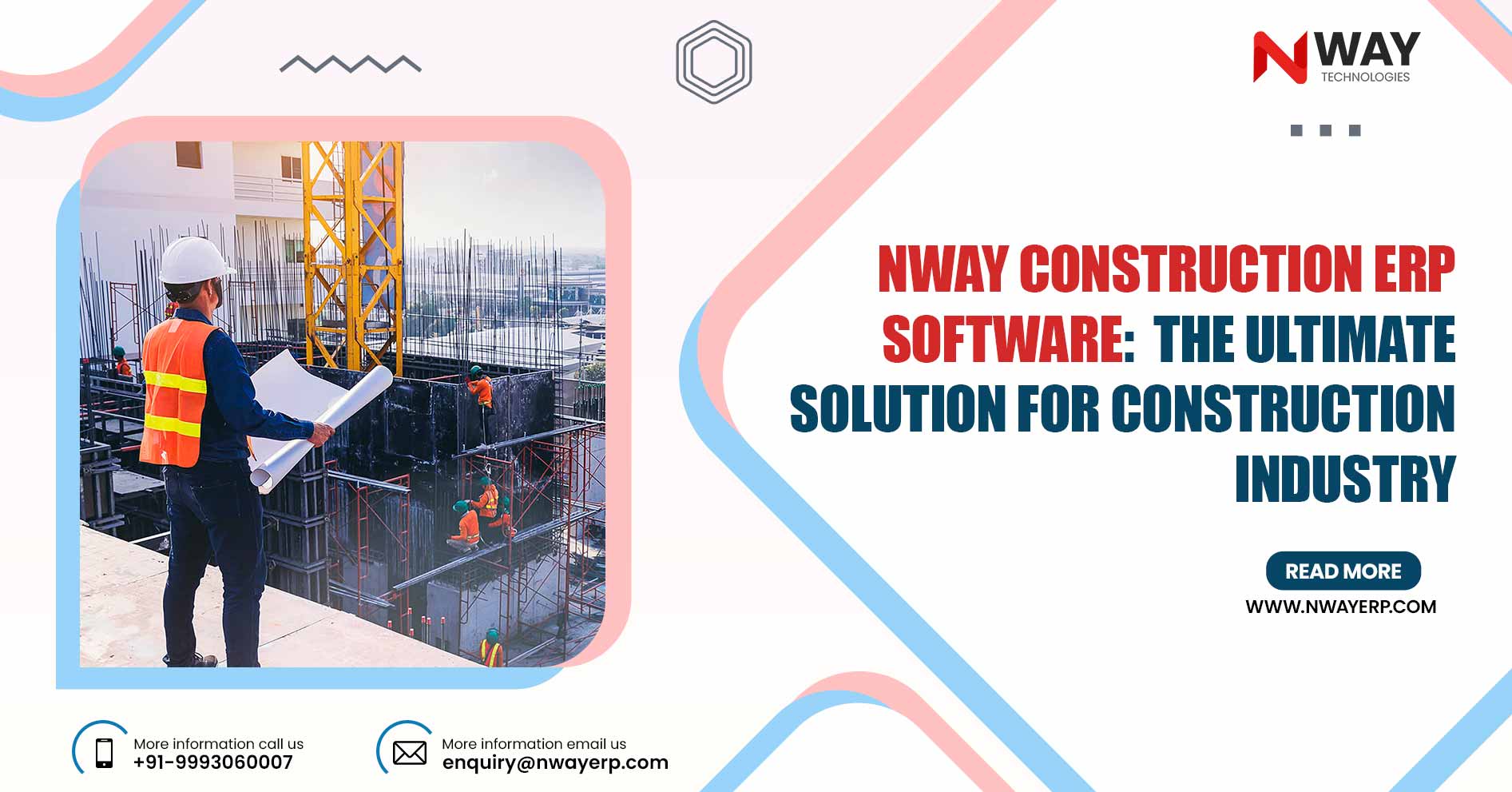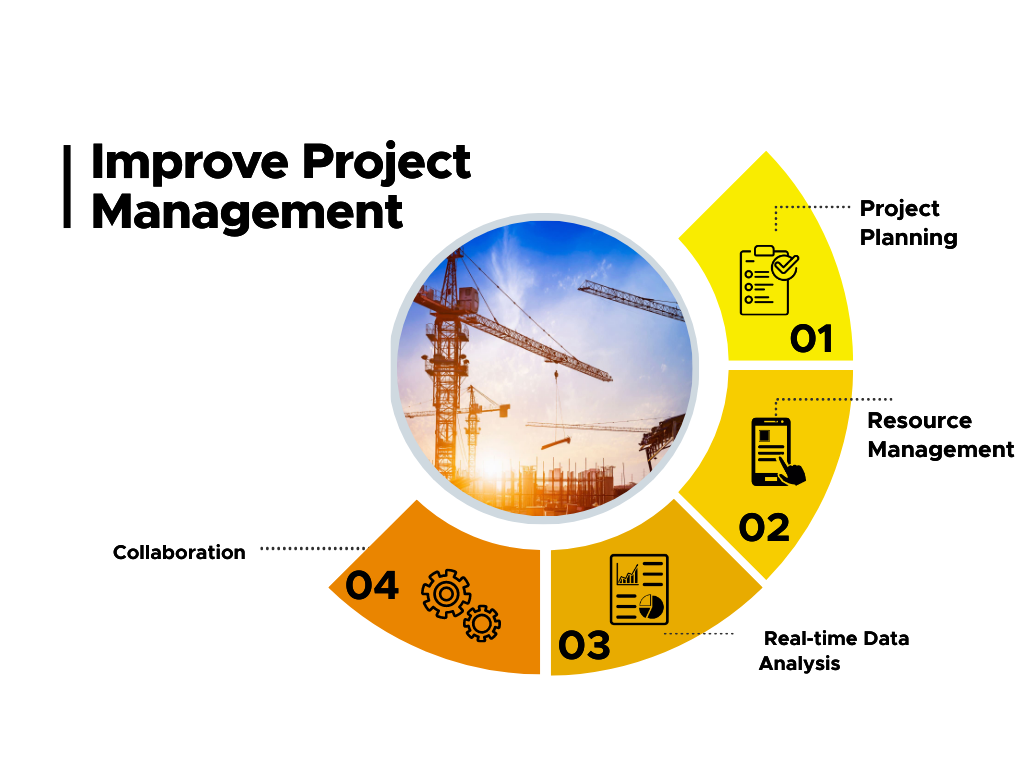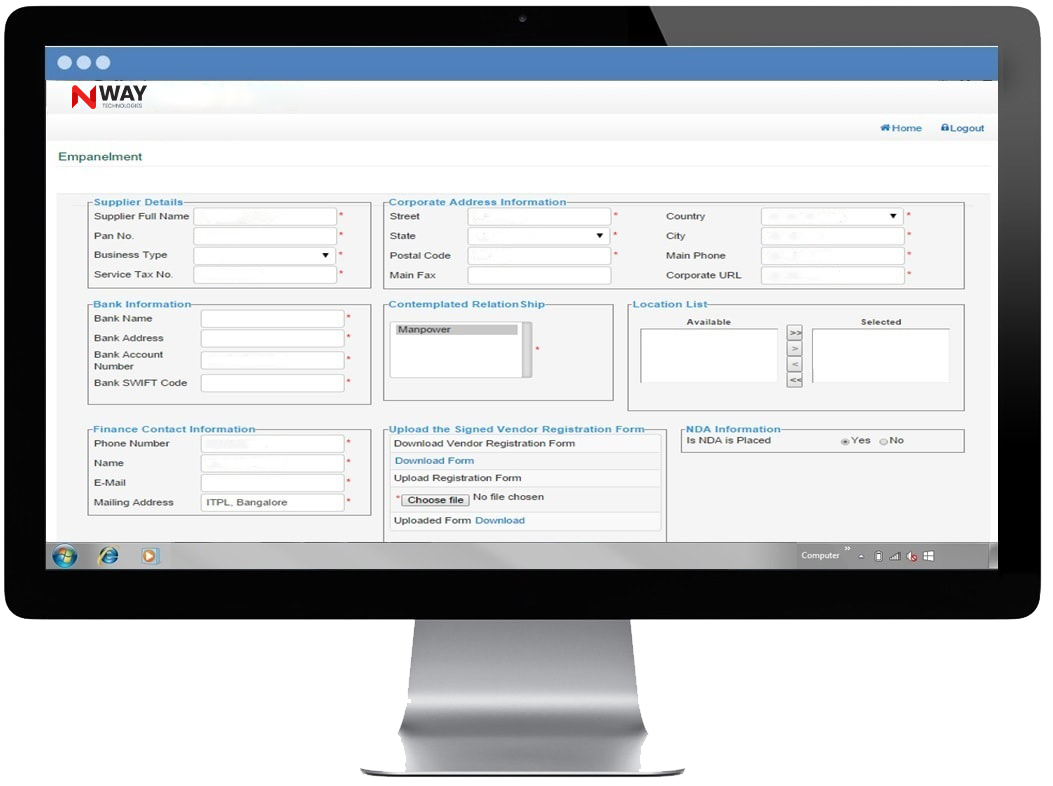Effective project management is the foundation of success in the dynamic and fast-paced construction world. Construction management ERP (Enterprise Resource Planning) software has ushered in a new era, transforming how construction projects are planned, executed, and managed. This blog lets you know the Importance of ERP software in the construction industry, exploring its core features, benefits, real-world success stories, implementation challenges, future trends, and guidance on selecting the right solution.
Understanding Construction ERP Software
At its core, Construction management ERP software is a comprehensive solution that integrates various aspects of project management, resource allocation, and financial tracking into a unified platform. It allows construction companies to streamline operations, enhance collaboration, and achieve greater project efficiency.
Benefits of Construction ERP Software
Enhanced Project Planning and Scheduling:
Construction ERP provides real-time visibility into project timelines and milestones. Project managers can efficiently allocate resources, track progress, and make informed decisions to keep projects on schedule.
Improved Collaboration and Communication
The software facilitates seamless communication among project teams, stakeholders, and departments. Centralized data access ensures everyone is on the same page, leading to increased collaboration and faster decision-making.
Financial Management and Cost Control
Accurate budgeting and cost estimation are critical in construction projects. Construction management ERP software enables real-time financial tracking, helping companies monitor expenses, identify cost overruns, and maintain better control over project finances.
Overcoming Challenges in Construction ERP Implementation
While the advantages of ERP software are substantial, implementation has its challenges. Addressing common concerns such as training, user adoption, integration with existing systems, and data security is crucial to a smooth transition.
Training and User Adoption
Implementing a robust training program and fostering user adoption are critical steps. Ensuring teams are well-versed in the software’s functionalities enhances its effectiveness and minimizes disruptions.
Integration with Existing Systems
Smooth integration with existing systems is paramount. Companies must assess compatibility and plan for seamless data migration to prevent disruptions during implementation.
Data Security and Privacy
Construction projects involve sensitive data, making data security a top concern. ERP solutions must adhere to stringent security standards to safeguard against potential breaches.
Future Trends in Construction ERP
The integration of AI and Machine Learning is poised to revolutionize construction ERP. Predictive analytics for project planning and the automation of routine tasks are expected to enhance efficiency further. Cloud-based ERP solutions are also gaining traction, offering increased accessibility and scalability benefits.
AI and Machine Learning in Construction ERP
The integration of AI and Machine Learning brings predictive analytics to the forefront. Construction ERP systems leveraging these technologies can analyze historical project data to accurately predict project timelines, resource requirements, and potential risks.
Cloud-Based ERP Solutions
Cloud-based ERP solutions offer enhanced flexibility and accessibility. Construction management teams can access real-time project data from anywhere, fostering collaboration among geographically dispersed teams. Scalability is another advantage, allowing companies to adjust resources based on project demands.
Selecting the Right Construction ERP Software
Choosing the right ERP solution requires careful consideration. Industry-specific features, scalability, and flexibility are key factors. The blog provides a brief overview of top Construction ERP software providers, aiding companies in making informed decisions.
Key Considerations for Selection
Industry-specific Features: Different construction projects may have unique requirements. Choosing ERP software with industry-specific features ensures a tailored solution.
Scalability: The ability to scale the ERP system based on project size and company growth is crucial for long-term viability.
Why Choose NWAY Construction Management ERP Software
As a prominent Construction ERP software provider, NWAY ERP stands out for its tailored solutions designed to meet the unique needs of the construction industry. Here are key reasons to consider NWAY:
Industry-Specific Features
NWAY ERP understands the intricacies of the construction sector. Its software comes equipped with industry-specific features that address the challenges and requirements unique to construction projects.
Scalability and Flexibility
NWAY ERP’s solutions are designed to scale with your business. Whether you’re handling small-scale projects or significant infrastructure developments, the flexibility of NWAY’s ERP software ensures it adapts to your evolving needs.
Proven Track Record
NWAY ERP has a track record of successful implementations in various construction projects. Drawing on its experience, NWAY provides insights and best practices that contribute to the success of your ERP deployment.
Implementation Best Practices
Successful implementation begins with thorough planning and strategy. Conducting a pre-implementation assessment, setting clear goals, and establishing milestones are essential. Training and change management are pivotal in ensuring a smooth transition, with continuous improvement strategies sustaining long-term success.
Continuous Improvement Strategies
Implementing ERP is not a one-time event; it’s an ongoing process. Establishing a culture of continuous improvement ensures that the system evolves with changing project requirements and technological advancements.
Read More: What is Construction ERP Software & Why you need it
Conclusion
Construction management ERP software emerges as a catalyst for positive change in an industry where precision and efficiency are paramount. By investing in the right ERP solution and adhering to implementation best practices, construction firms can unlock new levels of efficiency, collaboration, and profitability.
As the industry continues to evolve, embracing technological solutions like ERP becomes not just an option but a strategic imperative for sustained success in construction project management.
